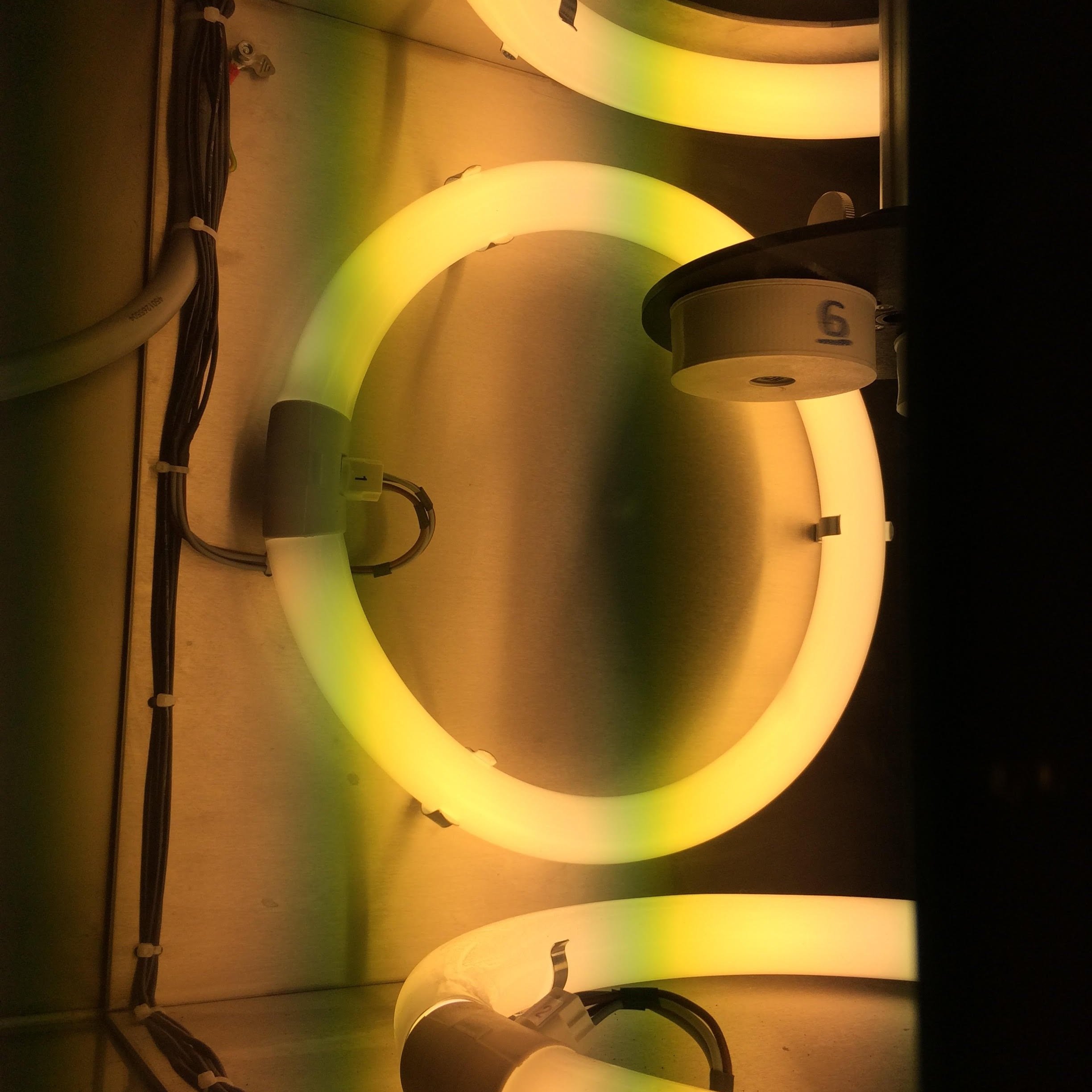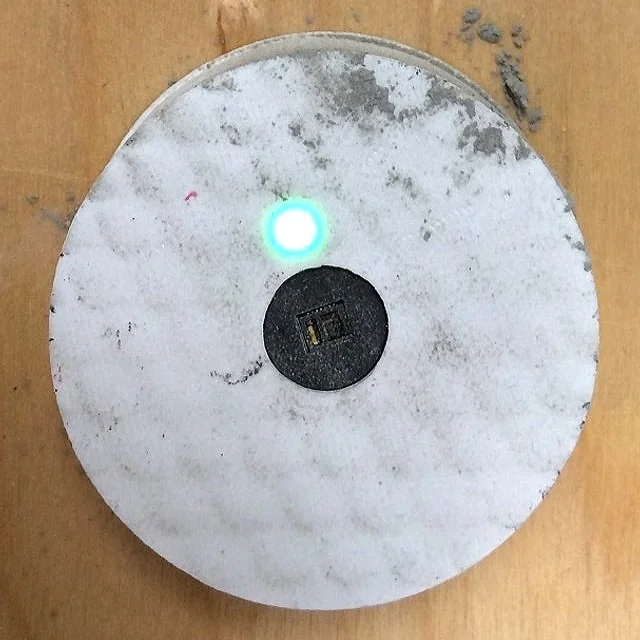Valor Chamberless
Technology
Valor Chamberless smoke detection uses multispectral light scattering to scan into the open room for smoke. Infrared light (invisible to the human eye) checks for the presence of airborne particles and visible light confirms whether the particles are smoke. Because smoke reflects infrared and visible light differently than nuisances like steam, dust, or cooking aerosols, Valor Chamberless only alarms when smoke is present.
Valor Chamberless works under any ambient light condition and has power consumption and manufacturing cost equivalent to a traditional photoelectric smoke detector.
EN Dazzle Test
UL Dust Test
Valor Chamberless has been tested at UL certification facilities in North America and EN certification facilities in Europe and has passed the following UL 217 & UL 268 and EN 14604 & EN 54 fire and nuisance tests:
Smoldering Wood (EN TF2)
Wood Fire
Paper Fire
Smoldering Cotton Wick (EN TF 3)
Flammable Liquid (EN TF 5)
Smoldering Polyurethane Foam
Flaming Polyurethane Foam (EN TF4)
Hamburger + Flaming Polyurethane Foam
EN Dazzle Test
UL Dust Test
To put Valor Chamberless into a product, only two components are required:
Photometric module Valor Chamberless is optimized to work with the Analog Devices ADPD188BI photometric module, which integrates infrared and visible light emitters, photodiodes, and signal processing circuitry into a single surface mount component. The ADPD188BI comes factory calibrated—no additional calibration is required by the manufacturer—and is mounted using automated pick-and-place equipment.
Microcontroller (MCU) Valor Chamberless can efficiently run on an MCU with a minimum of an 8-bit core, 8 kB of program memory, and 1 kB of RAM. The source code containing the Valor Chamberless algorithm is written in C/C++ and gets programmed into the MCU firmware.
Valor Chamberless is developed for standalone smoke detectors but can be easily integrated into any platform, from building sensors and appliances to handheld devices and wearables. Find out how to put Valor Chamberless into your products.





